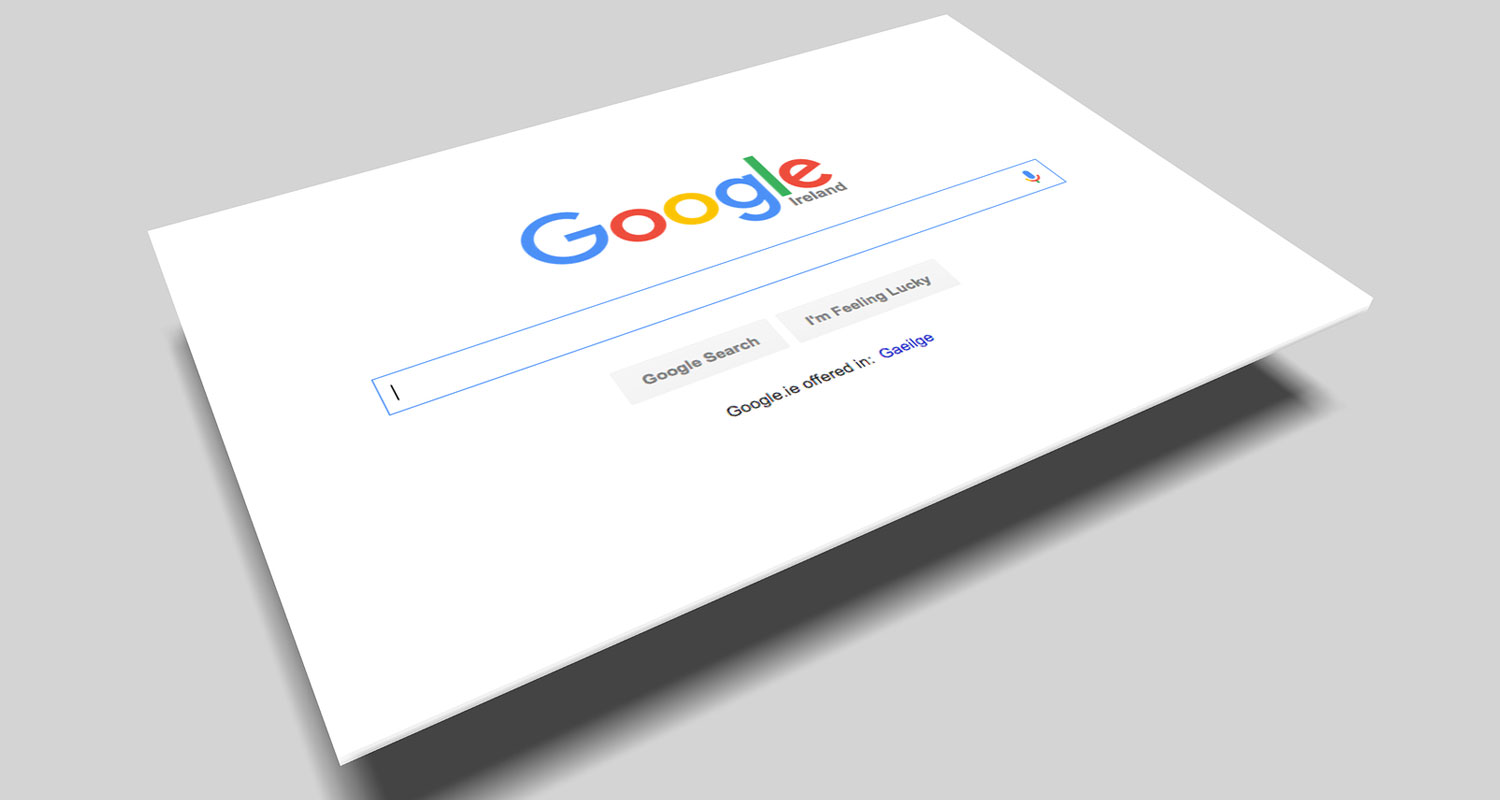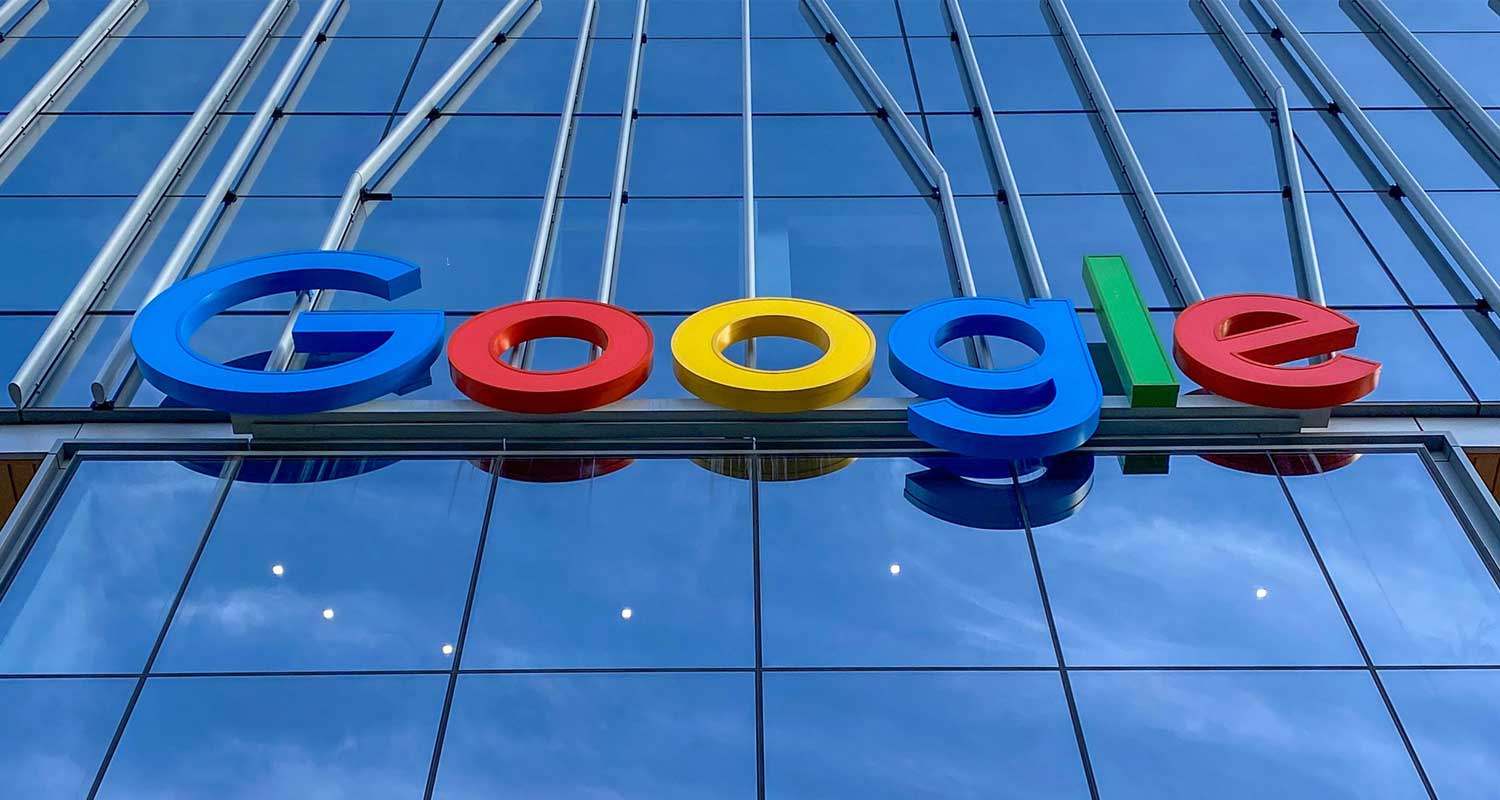 Google has proposed a loosening of its agreements with Apple and others to set Google as the default search engine on new devices, in a bid to address a US ruling that it unlawfully dominates online search.
Google has proposed a loosening of its agreements with Apple and others to set Google as the default search engine on new devices, in a bid to address a US ruling that it unlawfully dominates online search.
The proposal is much narrower than the government’s push to make Google sell its Chrome browser, which Google called a drastic attempt to intervene in the search market.
Google urged US district judge Amit Mehta in Washington to move cautiously in deciding what the company must do to restore competition, after his ruling that the company holds an illegal monopoly in online search and related advertising. Courts have cautioned against imposing antitrust remedies that chill innovation, Google said in court papers.
That is especially true “in an environment where remarkable artificial intelligence innovations are rapidly changing how people interact with many online products and services, including search engines”, Google said.
While Google plans to appeal that ruling at the end of the case, it says the upcoming “remedies” phase should focus on its distribution agreements with browser developers, mobile device manufacturers and wireless carriers.
The judge found the agreements give Google a “major, largely unseen advantage over its rivals” and result in most devices in the US coming pre-loaded with Google’s search engine.
The agreements are hard to exit, the judge said, especially for Android manufacturers, which must agree to install Google search in order to include Google’s Play store on their devices.
Non-exclusive
To fix that, Google could make them non-exclusive and, for Android phone manufacturers, unbundle its Play store from Chrome and Search, the company said in its proposal. Google would allow browser developers that agree to set its search engine as the default to revisit that decision annually under the proposal.
Unlike the government’s proposal, Google’s would not end revenue-sharing agreements, which pass a portion of ad revenue Google makes from Search to the device and software companies that present it as the default search engine.
Read: Google says it has cracked a major challenge in quantum computing
Independent browser developers including Mozilla, which makes Firefox, have said the funds are crucial to their operations. Apple received an estimated US$20-billion from its agreement with Google in 2022 alone.
Kamyl Bazbaz, spokesman for search engine competitor DuckDuckGo, said the proposal attempts to maintain the status quo. “Once a court finds a violation of competition laws, the remedy must not only stop the illegal conduct and prevent its recurrence, but restore competition in the affected markets,” he said.
 Google’s proposal sets the stage for a trial Mehta will hold in April, where the US department of justice and a coalition of states will seek to show the need for wide-ranging remedies, including making Google sell off Chrome and potentially its Android mobile operating system.
Google’s proposal sets the stage for a trial Mehta will hold in April, where the US department of justice and a coalition of states will seek to show the need for wide-ranging remedies, including making Google sell off Chrome and potentially its Android mobile operating system.
The government plans to call witnesses from OpenAI, AI search start-up Perplexity, and Microsoft, according to court papers.
Prosecutors also want Google to stop paying to be the default search engine, and cease investments in search rivals and query-based AI products, and license its search results and technology to rivals.
The proposals aim to spur innovation in online search, where Mehta found Google’s overwhelming market share keeps competitors from gathering the search data needed to improve their products, and prevent Google from extending its dominance in search to AI. — Jody Godoy, (c) 2024 Reuters
Get breaking news from TechCentral on WhatsApp. Sign up here




